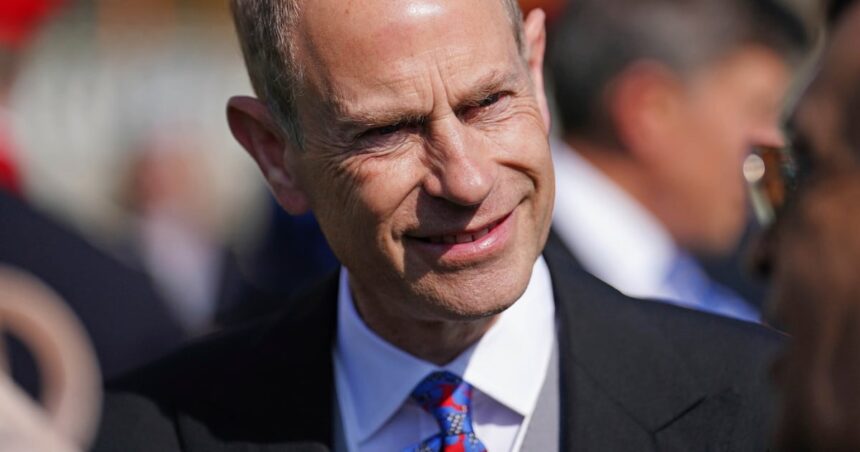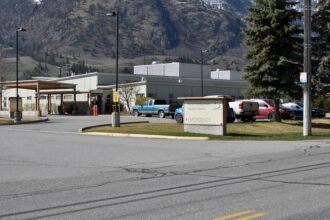In the crisp autumn air of Prince Edward Island, Prince Edward, the Duke of Edinburgh, arrived Thursday for a three-day royal visit that has inadvertently become a litmus test for the monarchy’s standing in modern Canada. The prince’s cordial welcome by provincial officials starkly contrasts with shifting public sentiment across the nation, where questions about the monarchy’s relevance have grown increasingly pronounced.
“The royal family remains an important symbolic connection to our constitutional heritage,” stated Premier Dennis King during the welcoming ceremony at Government House in Charlottetown. Yet beyond the formal proceedings and carefully orchestrated photo opportunities, a more complex reality emerges in conversations with everyday Canadians.
Recent polling from the Angus Reid Institute reveals a telling shift: only 26 percent of Canadians now support continuing as a constitutional monarchy in the long term, down from 34 percent a decade ago. More striking is that among Canadians under 35, that support plummets to just 15 percent.
“We’re witnessing a generational divide that cannot be ignored,” explains Dr. Melanie Thompson, political scientist at Dalhousie University. “Younger Canadians increasingly view the monarchy as a colonial relic rather than a meaningful institution in their lives.”
Prince Edward’s itinerary focuses heavily on youth engagement and environmental initiatives, including visits to UPEI’s Climate Research Centre and meetings with young entrepreneurs developing sustainable businesses. These choices appear deliberate, aiming to demonstrate the monarchy’s continued relevance in addressing contemporary challenges.
The visit comes at a particularly sensitive moment for the royal family in Canada. Recent controversies surrounding indigenous reconciliation have prompted renewed examinations of the Crown’s historical role in colonization. Several First Nations leaders have declined invitations to royal events, citing unresolved treaty obligations and the need for meaningful action beyond ceremonial acknowledgments.
“The monarchy represents both our constitutional framework and a complex colonial history,” notes Constitutional scholar Robert McIntosh. “What we’re seeing now is Canadians wrestling with that duality in increasingly visible ways.”
Economic considerations also factor into the debate. The royal visit will cost Canadian taxpayers approximately $250,000 for security and logistics, according to government estimates. Critics question whether such expenditures represent good value in an era of economic uncertainty, while supporters maintain the diplomatic and tourism benefits outweigh the costs.
For PEI specifically, the royal connection remains commercially significant. Tourism officials report that heritage sites with royal connections continue to draw international visitors, generating approximately $14 million annually for the provincial economy.
“We can acknowledge the economic benefits while still questioning the broader institution,” says Jane Matthews, coordinator for Citizens for Democratic Renewal. “Many Canadians are asking whether maintaining ties to a foreign monarchy aligns with our values as a diverse, forward-looking nation.”
As the Duke continues his carefully choreographed tour, the contrast between official ceremony and public sentiment highlights Canada’s evolving identity politics. The monarchy debate has become increasingly intertwined with broader questions about Canadian politics and national identity.
Constitutional experts note that any change to Canada’s monarchical system would require significant political willpower and unanimous provincial consent – hurdles that have prevented serious consideration despite growing public skepticism.
Prince Edward’s visit may ultimately serve as a mirror reflecting Canada’s complicated relationship with its constitutional foundation. While some citizens wave Union Jacks along his motorcade route, others increasingly question whether an inherited foreign monarchy represents the future they envision for Canada.
As we observe this royal visit unfold against the backdrop of evolving public opinion, perhaps the most pertinent question is not whether the monarchy will continue, but whether Canadians will engage in meaningful dialogue about what kind of governance best reflects our collective values and aspirations in the 21st century.


















